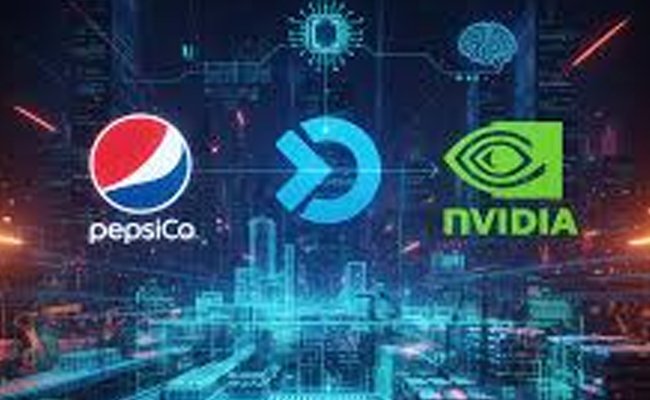Harsh Kumar Arora, Group Head IT, Hindustan Power Projects
In today’s rapidly evolving digital environment, technology trends are emerging and transforming industries faster than ever. Several breakthrough innovations are set to redefine enterprise strategies in 2025:
Agentic AI enables autonomous decision-making, enhancing efficiency across sectors like manufacturing and customer service.
Sustainability-focused technologies such as green hydrogen, renewable energy, and climate tech are gaining prominence as environmental priorities intensify.
AI-enabled Cybersecurity will provide advanced threat detection, enabling smarter and more adaptive responses.
Quantum Computing is expected to revolutionize sectors like cybersecurity and pharmaceuticals, although still in its nascent stage.
Generative AI is being adopted to personalize customer experiences, innovate product development, and streamline content creation.
Open-source Large Language Models (LLMs) will democratize AI, allowing startups and developers broader access to cutting-edge tools.
CIOs and the Cybersecurity Imperative
CIOs today are more than IT leaders—they are strategic business enablers. Their focus lies in leveraging emerging technologies to drive innovation, operational efficiency, and revenue growth. Increasing cyber threats demand that CIOs instill a strong security-first culture across organizations. Cyber hygiene is now everyone’s responsibility, not just that of the IT team. Employees must be trained on laws, compliance protocols, and best practices to mitigate risks effectively.
Zero Trust and AI: The Future of Cybersecurity
Traditional cybersecurity can’t counter today’s complex threats. Zero Trust Architecture, based on “never trust, always verify,” strengthens defense through strict access control and continuous monitoring. Integrating AI amplifies its power—AI analyzes user and network behavior in real time, detects anomalies, and enables context-aware, risk-based access decisions. By evaluating factors like location, device health, and behavior, AI-driven Zero Trust ensures adaptive, proactive, and resilient cybersecurity across the enterprise.
The Need for Independent Data Protection Oversight
As regulatory requirements tighten, IT leaders must adapt—but the role of Data Protection Officer (DPO) should remain independent. Assigning it to CIOs, CTOs, or CISOs creates potential conflicts of interest. A dedicated DPO, reporting directly to top leadership, ensures unbiased governance over privacy compliance and data protection, safeguarding trust and legal accountability.






